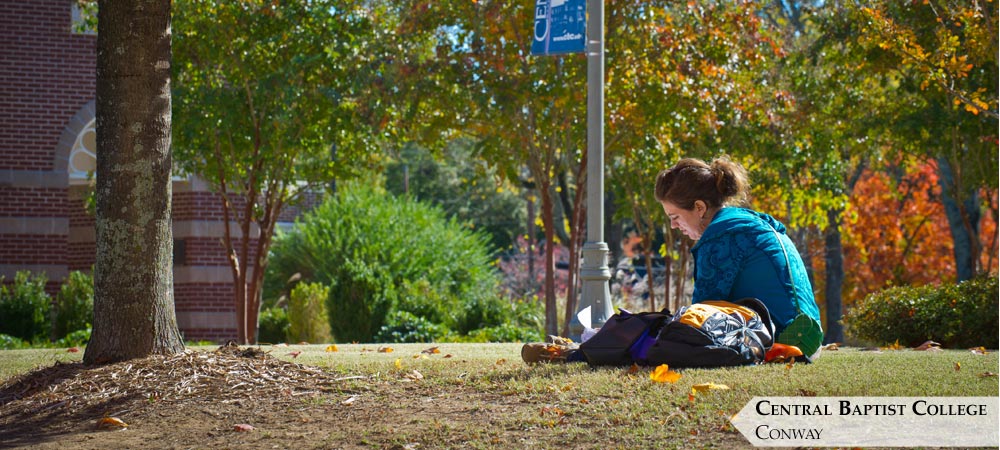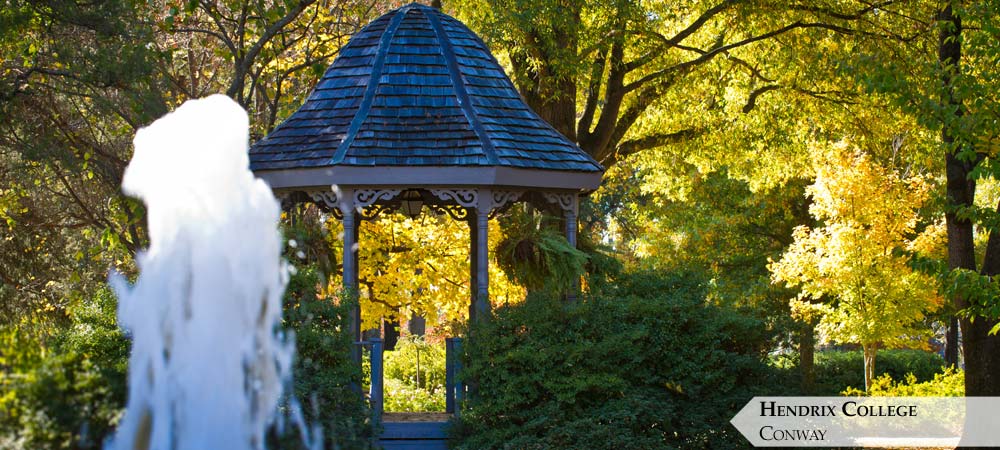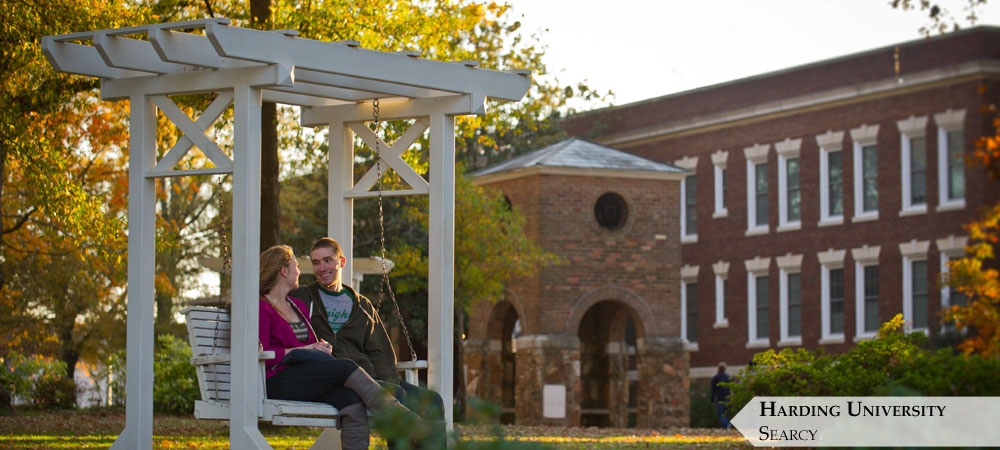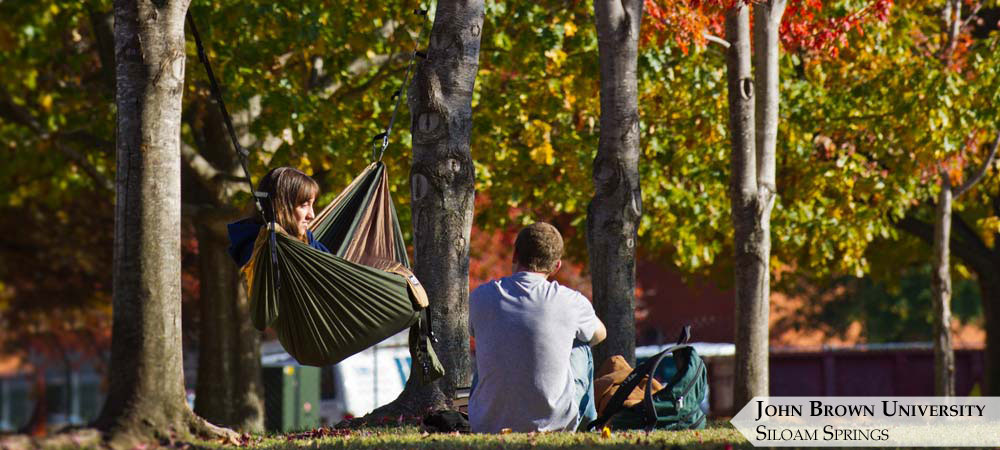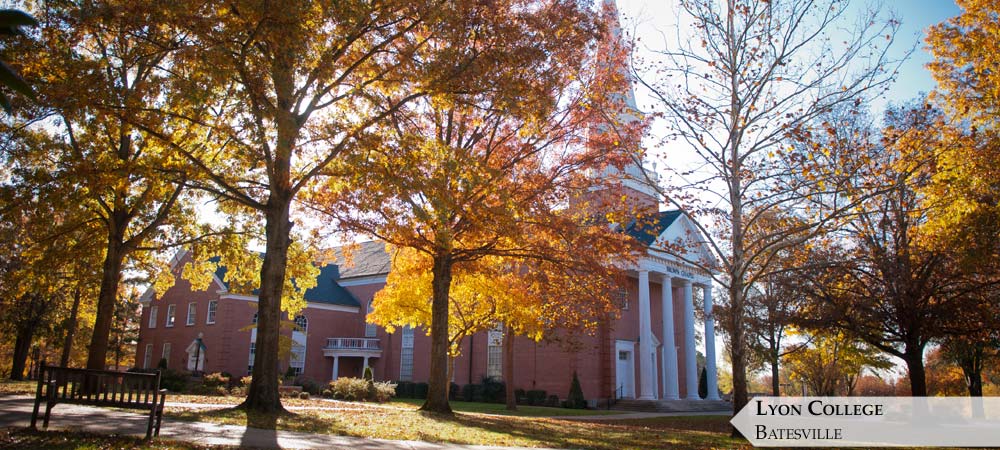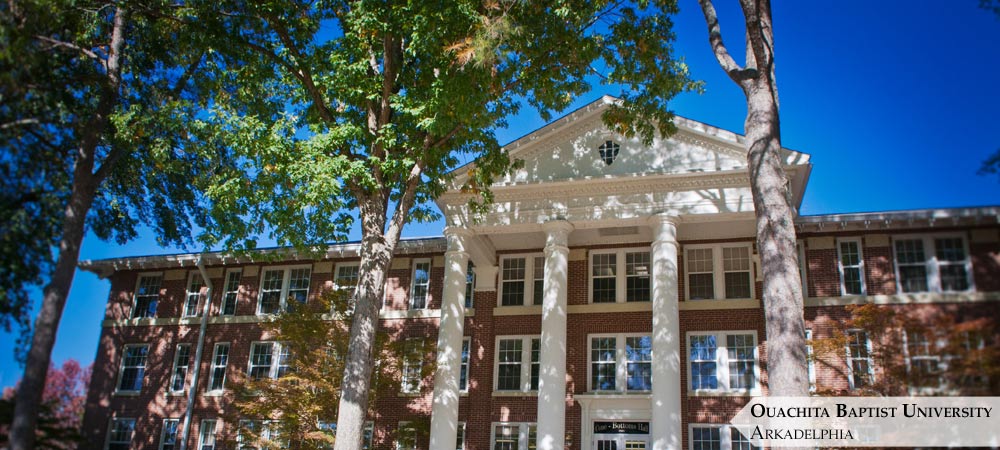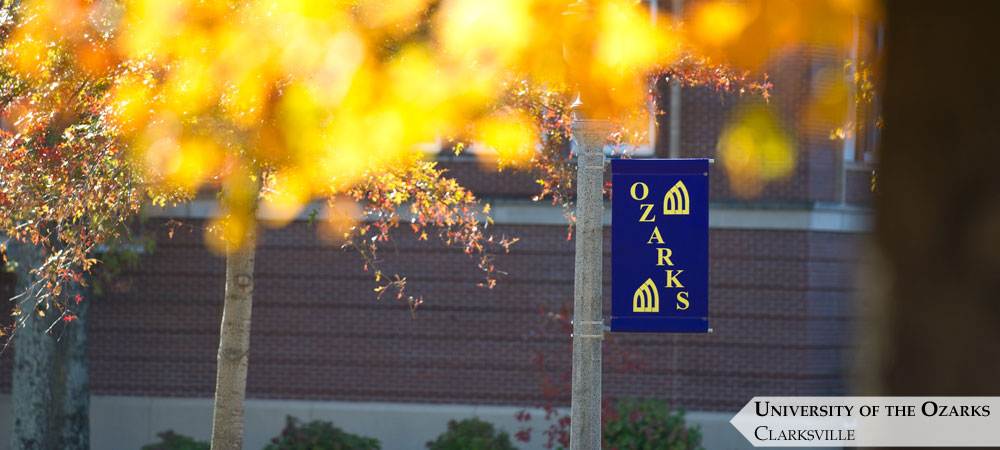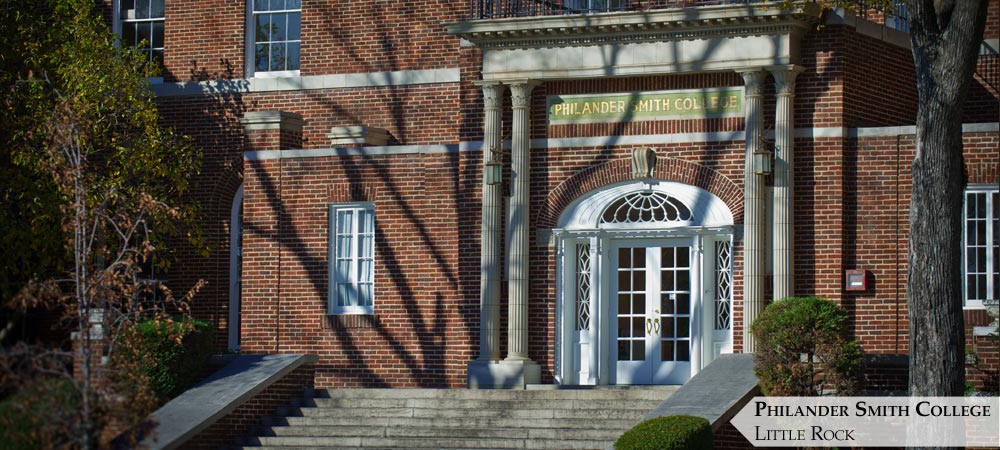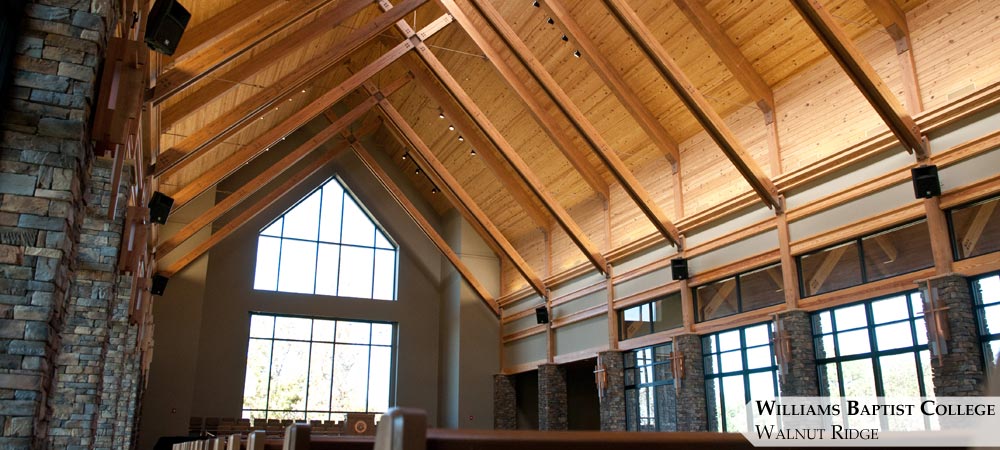Since December, the College of Pharmacy has partnered with several hospitals, pharmacies and other locations statewide to assist in the distribution of the COVID-19 vaccine.
After the approval of the first COVID vaccine in December 2020, the College of Pharmacy began sending students and faculty to local hospitals across the state to help healthcare workers receive their vaccines. Dr. Rayanne Story, assistant dean for experiential education and assistant professor in the College of Pharmacy, said students did not delay in their assistance.
“Our finals end on Thursday of finals week, and we sent our first students on Friday and Saturday,” Story said. “Even during the week of Christmas, we sent students out. We didn’t take a break; they were out working.”
A month later, the vaccine initiative has grown through strong relationships between the College of Pharmacy and many pharmacies, hospitals and clinics across the state. Story said these relationships have allowed students to be sent across Arkansas, especially to heavily populated or very rural areas that would benefit from extra help.
“Those ties are very strong with hospitals and pharmacies around the state, so it started with them reaching out to us,” Story said. “Then we had this overwhelming need, so that’s when we started collaborating with [Arkansas Pharmacists Association] and [University of Arkansas for Medical Sciences] to try to really deploy students everywhere.”
Dr. Jeff Mercer, dean of the College of Pharmacy, said student help is useful because pharmacists have full-time jobs within their normal duties, but with the added need of administering many vaccines a day, they benefit from extra help.
“Supply continues to build every week, but the challenge is scaling up the workforce in order to deliver it,” Mercer said. “That’s where our students come in, and our faculty and really anyone who is able to immunize because every little bit we contribute is use of the supply and encouragement for more supply to be provided to that particular community. It really is an all hands on deck situation. We’re doing everything we can to try to find opportunities for students to volunteer or to get hours for their practice experiences.”
Story said students from all four years of the pharmacy program are helping in this effort. After their first year of the program, students are certified to give vaccinations. This allows some students to give vaccinations while others help with paperwork, monitor vaccine recipients, and draw doses of the vaccine. She said the vaccination initiative was not only helping the communities the students went into but also providing valuable experience for pharmacy students in all four years.
“It’s a win-win situation because it gives a chance for our students on all four levels to be able to go face-to-face with a patient and work with them and potentially even give them a shot or drop a medication and a syringe for them,” Story said. “It also gives our students a great experience to see real-world pharmacy in action.”

While working at Medic Sav-On Drugs in Searcy, Arianna Nuhung, a second-year pharmacy student, has had a role in every part of the process from helping with paperwork to administering the vaccine to patients. She said her involvement in this allowed her to learn in a way that differed from many other experiential learning activities.
“Other experiential education often utilizes the ‘shadowing’ technique where a student follows a preceptor and participates through observation, verbal discussion or presentation,” Nuhung said. “Working with the novel COVID vaccines is different because it allows for a more hands-on experience. By doing so, pharmacy students gain a better understanding of the pharmacy field and retain more knowledge from their experiences.”
Despite the program requiring students in all four years to have experiential education, Mercer said many have already fulfilled those requirements but are still volunteering.
“A lot of our students are not getting any academic credit for what they’re doing,” Mercer said. “They’re volunteering their time. They’re choosing to show up and just kind of rolling up their sleeves and helping. It speaks to the service mindset of our students.”
Beyond the broad impact of assisting with the distribution of the vaccine, Nuhung said the experience has personal significance as well.
“I am proud to be able to participate in such a historical and unprecedented time where my profession was chosen to spearhead the next step in healing the world,” Nuhung said. “My grandmother lives with me at home, and I have many close friends and family who are immunocompromised or high-risk patients, so knowing that the vaccine may help keep them safe is beyond words. Being about to distribute the COVID vaccine is not only a way for me to grow professionally, but to project the pharmacy field as a leading provider and to serve my community wholeheartedly.”
Mercer said he hopes the service provided by College of Pharmacy students and faculty is beneficial to the pharmacy profession and will help bring an end to this pandemic.
“I see this as a great opportunity to truly position ourselves as the frontline,” Mercer said. “We are answering the call that will ultimately help us return back to a life of normalcy.”

